President Muhammadu Buhari etched his name in Nigeria’s history, when he became the first candidate to oust an incumbent president since the country’s independence. As a result of the enormous goodwill he enjoyed which secured his victory, and based on his campaign mantra of ‘change’, Nigerians, nay the whole world, expected a lot of positive changes from the former military ruler by subsequently putting the nation on a path of sustainable economic growth and needed infrastructural development.
State of the economy pre-Buhari
In fairness to President Muhammadu Buhari, he inherited a very fragile economy on May 29, 2015 from his predecessor, President Goodluck Jonathan. The economic cloud was not looking bright, especially in Nigeria’s banking system, as a result of the crash in global crude oil prices in the summer of 2014. Crude oil (which contributes as much as 90% of Nigeria’s revenue and 70% of her export earnings) that had been sold for $122 per barrel in June 2014 had crashed to $65, when he took over.
Buhari’s economic era
Buhari began his tenure on a wrong economic note, by failing to form his cabinet in the first six months of his administration. The Commander-in-Chief left the management of the nation’s economy technically at a standstill for 166 days, during which uncertainty crept in; hence, confidence weakened, and capital flight accelerated.
This blunder and many other sluggish starts, no doubt greatly affected the economy to the extent that, by the time the Buhari-led administration began taking action in late 2015, the economy had already been battered, and was entering its first full year recession since 1991 and the worst since 1987.
Nigeria’s economy grew by 3.96% in the previous quarter before he took over the mantle of leadership. But by the end of his first full quarter in September 2015, the economic growth had declined to just 2.84%. As if that was not enough, it further slowed to 2.7% by the end of 2015 — the slowest pace in the democratic era.
Recession
Beginning from the first quarter of 2016, the economy went through five straight quarters of declining real GDP growth rates. As a result of two consecutive negative GDP growths, the economy slipped into recession in Q2 2016. Worse still, the administration showed little or no concrete plans mapping how the economy could exit the recession.
Most Nigerians still believe that, apart from his poor economic policies, President Buhari’s poor political handling of the fragile peace in the restive Niger Delta also contributed to the recession, since militants resumed attacks on key oil infrastructure, which led to a decline in Nigeria’s output. The nation’s oil production fell from 2.2 million barrels per day at the beginning of 2016, to about 1.6 million barrels per day for the most part of 2016.
Current state of the economy
The ailing economy was able to finally exit recession, after managing to record a growth of 0.72% in the second quarter of 2017. The improved performances in crude oil, agriculture, manufacturing and trade boosted the economic recovery. Further growths of 1.17% and 2.11% in Q3 and Q4 2017 respectively cemented the recovery with an annual growth of 0.82% for 2017, which was higher by 2.42% than -1.58% recorded in 2016.
Although the economy made some recovery after exiting the recession, the gains recorded have since been eroding away. Nairametrics published an article a few weeks ago, where it brought its readers’ attention to the struggling state of the Nigerian economy, after recovering from the economic recession in the second quarter of 2017.
The economy had initially made a post-recession recovery in Q2 and Q3 2017 before it began declining gradually in the first quarter of 2018 – when GDP fell to 1.95% representing a quarter on quarter decline of 7.58%. Since then, the Nigerian economy has been recording macro-economic indices which show that the economy is really on a decline.
Buhari’s current economic indicators
- Although GDP grew by 1.50% in the second quarter of 2018, it slowed down by 0.45% from the growth rate of 1.95% recorded in the previous quarter of Q1 2018, indicating that the economy is still very fragile.
- Nigeria’s external reserves have been on a free fall in the past few months. It instead dropped below $47 billion for the first time in 4 months, on August 6, 2018. It has been dropping since then and currently stands at $43.84 billion as at October 5, 2018.
- This administration met Nigeria’s debt profile at N12.12 trillion, as at the end of June 2015, but the total debt stock currently stands at N22.38 trillion at the end of June 2018. The worst part of it is that the nation is still borrowing and planning to borrow more.
- President Buhari came in when the value of Naira was around N190 to a dollar, but that exchange rate is now wishful thinking, as it has since soared. As at today, the exchange rate is N358 to a dollar.
- The unemployment rate was at a single digit of 8.3% in the second quarter of 2015, when Buhari came onboard. The unemployment rate remains one of the economic indices that this regime has not been able to stop its dwindling fortunes, with the index jumping to 18.8% by the third quarter of 2017.
- The ease of doing business is very poor in Nigeria now. The World Bank currently ranks Nigeria 145 out of 190 countries in its Ease of Doing Business index for 2018, showing how difficult it is to set up and operate a business in Nigeria.
- The number of Nigerians wallowing in extreme poverty has continued to increase, with Nigeria overtaking India as the nation with the highest number of poor people, in May this year, with about 87 million Nigerians living in extreme poverty.
Can Atiku revive the struggling economy?
Though there are scores of presidential aspirants aiming to take over Nigeria’s seat of power, Aso Rock, Atiku Abubakar will be President Buhari’s main challenger come February 16, 2019, since he emerged as the People Democratic Party’s (PDP) presidential flag bearer last weekend.
Interestingly, Atiku is not new to the presidency, as he was the deputy Commander-in-Chief to President Olusegun Obasanjo, from 1999 to 2007. Nevertheless, being the general commander (president) is a different ball game entirely. He also rose to the second-in-command position in the Nigerian Customs Service – serving as Deputy Director before retiring in 1989.
He was reported to be very powerful and influential in the administration of President Obasanjo in the early 2000s, when Nigeria recorded some economic advancements, before falling out of favour with his boss, towards the tail end of their second tenure.
That administration is still regarded by many to have assembled Nigeria’s best economic team ever, comprising world-class professionals that included Ngozi Okonjo-Iweala, Charles Soludo, Nuhu Ribadu, Nenadi Usman, Nasir El-Rufai, etc. The economic team was led by Atiku and it achieved several economic feats, among which was stable economic growth, which saw the Nigerian economy grow at 33.7% in 2004, 10.4% in 2003, 8.2% in 2006, etc. The economic team’s greatest achievement was securing a debt relief of $18 billion for Nigeria, from the Paris Club of Creditors in 2006.
Atiku’s economic ideas
Speaking recently in Minna, the PDP presidential candidate lamented the high level of joblessness and poverty in Nigeria, claiming that recent indices in Nigeria have revealed that the nation has not fully recovered from the recession. He said:
“The nation has recorded the lowest economic growth since the return of democracy. It is clear that the APC government has failed so far as economic growth is concerned, that is why we have the highest level of joblessness and poverty.”
Also, at a parley in the Catholic Bishop Conference of Nigeria in 2014, Atiku identified waste, poor management and failure to diversify the economy, as the reasons for the adverse economic impact of the fall in oil price then. According to him:
“Had we been able to diversify and manage our economy in such a way that we conserve rather than waste our resources in surplus years, the present austerity measure would not be necessary.”
The PDP flag bearer went ahead to inform the bishops that it was the need to streamline Nigeria’s alarming debt stock, when he was Vice President that compelled him to get the World Bank to assign Prof Ngozi Okonjo-Iweala to join his economic team in the presidency, to locate and collate Nigeria’s actual debt for liquidation. He claimed that the former Minister of Finance worked in his office for nine months which led to the establishment of the Debt Management Office (DMO).
Meanwhile, in his response to a popular comedian last December, the ex-Vice President stated:
“If you ask what our first task was, coming into government in 1999, it was to bring stability to the economy after decades of military rule. Between 1999 and 2003, oil prices then were hovering between $16 and $28, yet we managed to pay up salaries from decades back, clear up our national debts and build up foreign reserves. Our GDP grew at the fastest rate we have seen, since the return of democracy.”
Who can manage the economy better?
Nairametrics conducted a Twitter poll immediately after the former Vice President won the PDP presidential primary on Sunday, where people were asked to choose who they think can manage the economy better among the trio of President Buhari, Atiku Abubakar and SDP presidential candidate, Donald Duke.

More than half of the respondents to the poll (55%) believed that Atiku will be able to manage the fragile economy better, after May 29, 2019. Donald Duke was second with 24% of the poll, while President Buhari was the least among the trio – after almost 4 years of governance, he only got 21%.
Experts’opinions
Quoting Onye Nkusi, a public analyst on Twitter, “The business community will prefer Atiku to Buhari, but not sure how much weight they carry.”
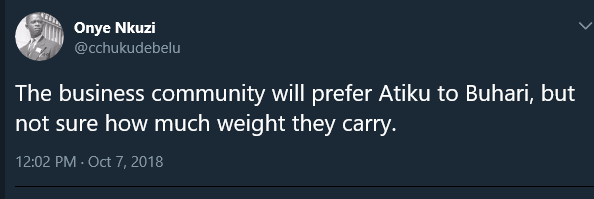
Being an employer of labour himself, the business community and millions of unemployed Nigerians may prefer Atiku who they will see as one of their own.
Speaking with Nairametrics, a popular financial expert, who prefers to be anonymous said:
“Based on track records, there appears to be likelihood that Atiku will perform better, but this can only be confirmed in hindsight.”
Meanwhile, an economic expert, Alex Onwodi, who also spoke with Nairametrics disagreed with the poll. He said:
“I think Buhari has learnt his lessons and will manage the economy better in his second tenure than Atiku, who will be a new comer.”
Another top financial expert who responded to Nairametrics on the condition of anonymity believes that Buhari is a leader who is more inclined towards socialist policies that cater more to the poor and stifling corruption, even if it means shutting out the flow of money in the economy. He explained,
“For Buhari, much of his economic polices have not delivered the growth spurt expected following the exit from recession. It is even believed that as things stand, we might slide back into a recession. He has also been short on implementing some of the reforms required to create the foundations for a sustainable economic transformation.”
He continued:
“Atiku, on the other hand, has been tested as the Vice President during the era of president Obasanjo who presided over a period of economic growth. Atiku’s private sector experience and flexibility, when it comes to economic policies, suggest that he may be better suited to implement tough home grown economic policies that might produce the sort of growth required to move the country forward.”
Nevertheless, Nairametrics believes that President Buhari should not be ruled out of the race entirely, as some Nigerian voters do not vote from the economic point of view, but rather cast their votes along religious, political and ethnic lines.

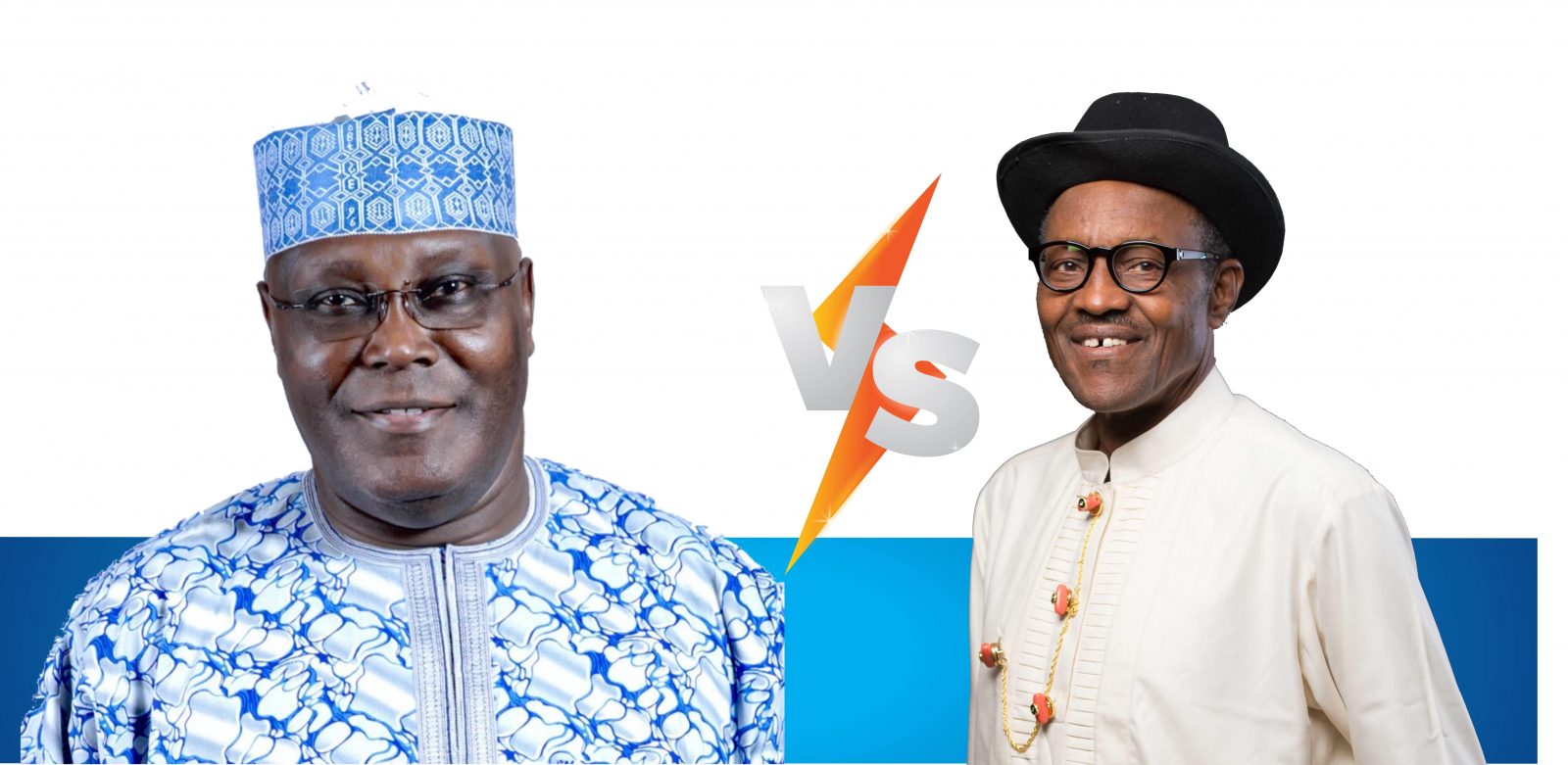




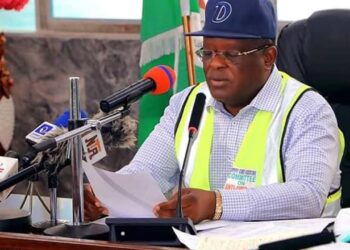
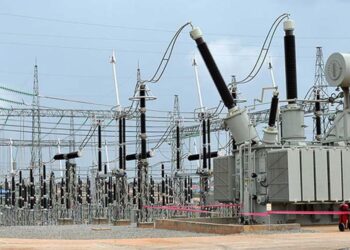

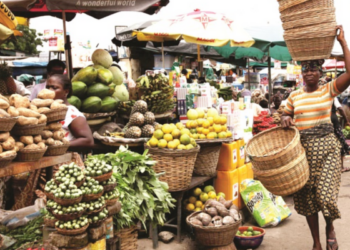

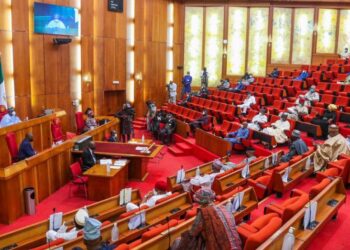











Atiku vs Buhari: Who can manage the economy better?
By Dennis Adesanoye – October 10, 2018 0
Atiku vs Buhari,
My say it seems the title should read Jonathan vs Buhari who can manage the economy better?
Atiku has only been a VP.
So in order for us not to tag you as fake news or propaganda tool , do q rejoinder and compare all presidential aspirants as nominated/selected currently and compare them amongst each other .
The conditions for comparisons doesn’t exist between atiku and buhari at the moment.
If want the internet to move to fame we can do that , just write common sense that makes sense .
When you put up your regionder follow me here https://bitcoinken.FutureNet.club/ thank you .